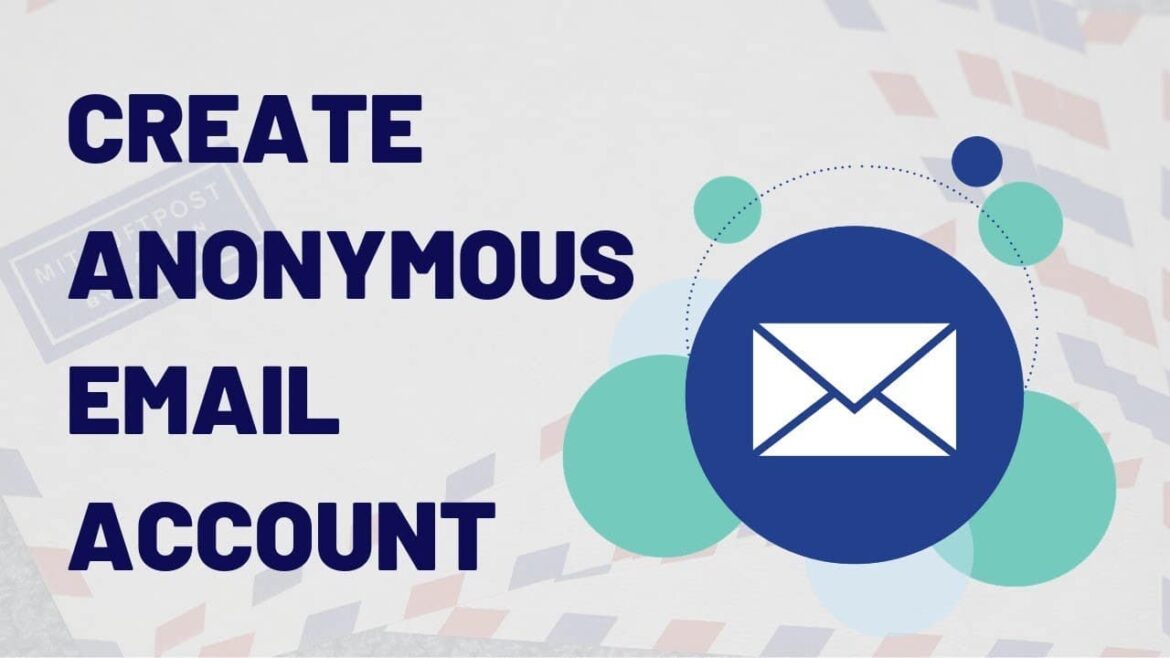1K
Many internet users today want an anonymous email account. There are a few things you should keep in mind to ensure that your emails are truly protected from unwanted readers.
Creating an anonymous email account – not as easy as it seems
An anonymous email account is not only useful for illegal purposes: many journalists, for example, want an anonymous channel of communication with their sources.
- However, anonymous email accounts are not that easy to create. This is because your IP address can almost always be used to find out who you are.
- It is best to use anonymization tools. There are several options available. The first is VPN. A VPN (Virtual Private Network) encrypts your Internet connection and routes your data traffic through a server belonging to the VPN provider. This replaces your real IP address with that of the VPN server, making it difficult to trace you.
- Another option is the Tor browser. The Tor browser routes data traffic through multiple nodes in the Tor network, with each node encrypting the previous connection. The final IP address belongs to the exit node, which keeps your true identity hidden.
- Alternatively, you can use a temporary phone number. This is particularly suitable for services that require a phone number for verification.
- The best way to communicate anonymously and securely via email is to encrypt the emails yourself on your own computer. To do this, you should use PGP encryption.
- PGP (Pretty Good Privacy) protects emails using a combination of symmetric and asymmetric cryptography. The content of the email is encrypted with a symmetric key, while this key itself is secured with a public key belonging to the recipient. Only the recipient can decrypt the message with their private key. Encryption takes place locally on the sender’s computer, so no unencrypted data is transmitted via servers.
Providers of anonymous emails
To create an anonymous email account, there are various providers that guarantee privacy and security.
- Tuta (formerly Tutanota): Tuta offers end-to-end encryption and no IP logging. Registration via the Tor browser is recommended.
- ProtonMail: This tool is available free of charge and offers strong encryption. No phone number is required.
- Posteo: This provider is subject to a fee, but is completely anonymous and does not request any data during registration. No data is collected when you sign up. All emails and other data are encrypted and stored on Posteo’s servers, meaning that they cannot be disclosed to authorities.
- Guerilla Mail: This service is ideal for disposable emails. It creates email addresses in a matter of seconds, which you can use to send and receive messages relatively anonymously. The service is therefore primarily intended for one-time use. You do not leave any personal data when sending or receiving emails, but the messages are not encrypted.
Further tips and security information
It is important that you choose a trustworthy provider and follow all proven security practices.
- Some services offer additional features such as self-destructing emails or anonymous payment options.
- Using PGP encryption in combination with anonymous email services provides an additional layer of security.
- Remove metadata from file attachments to prevent tracking.

